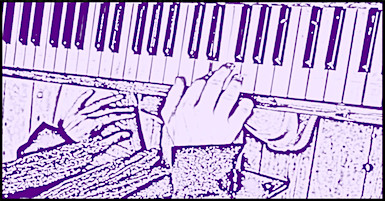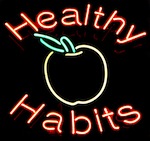Most of us began writing songs because we wanted to share a personal experience or emotion that was important to us. And we’re not alone. Many of the music industry’s biggest hits are based on personal experience—from songs by Fleetwood Mac and Joni Mitchell to Adele, Lewis Capaldi, Sara Bareilles, Ed Sheeran, John Legend, and more— the story behind the hit song is often a personal one.
Writing songs from personal experience is a good choice because you are the best person to write that song. You were there, you know how it felt, you know what you did. You can describe it better than anyone because it happened to you.




